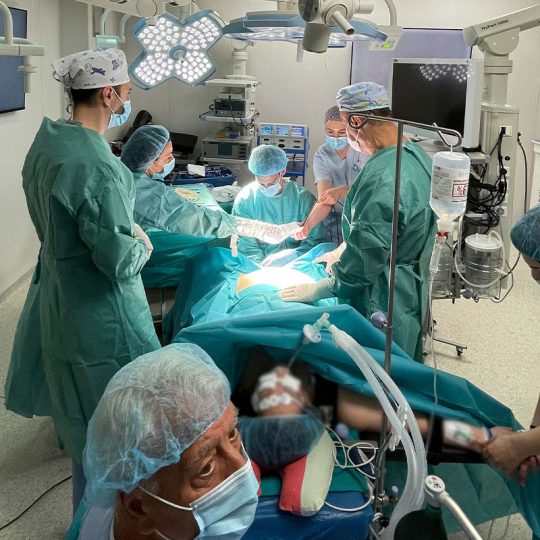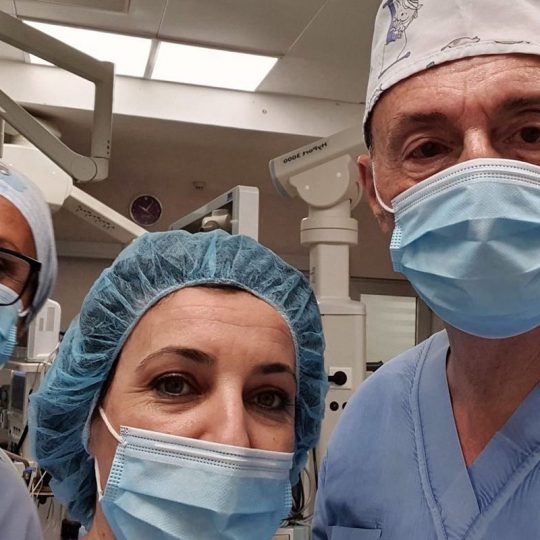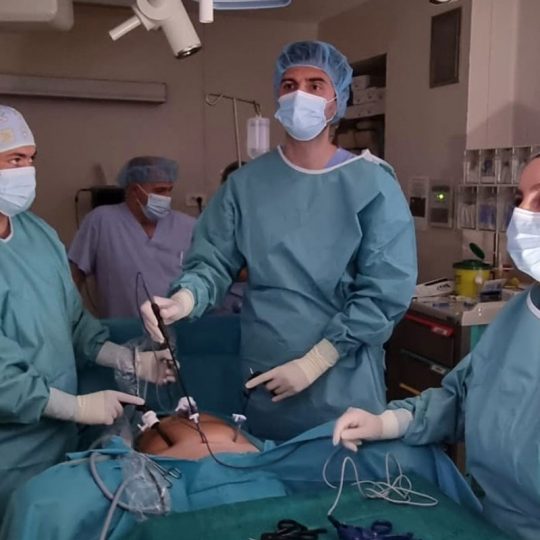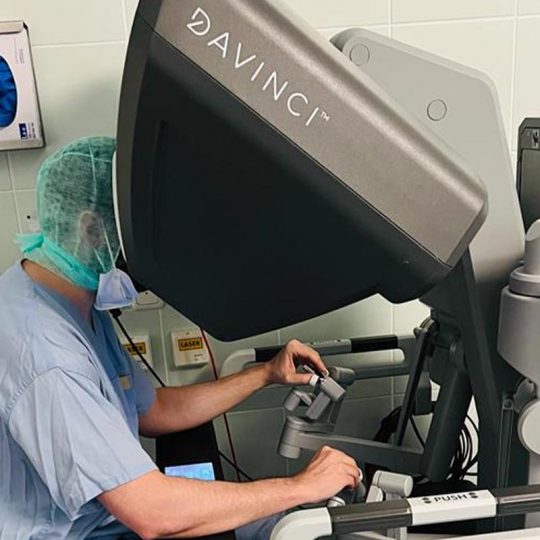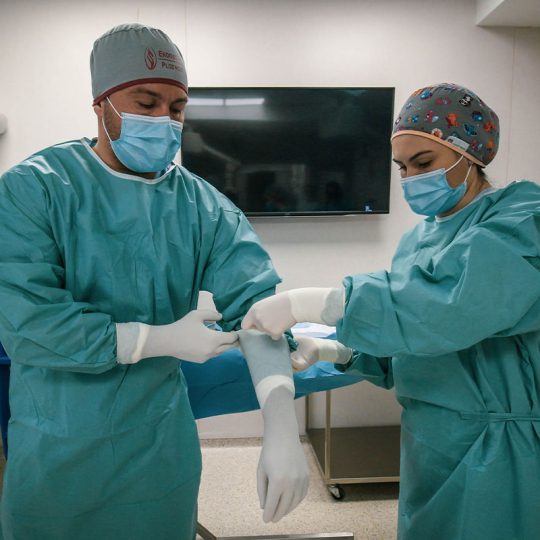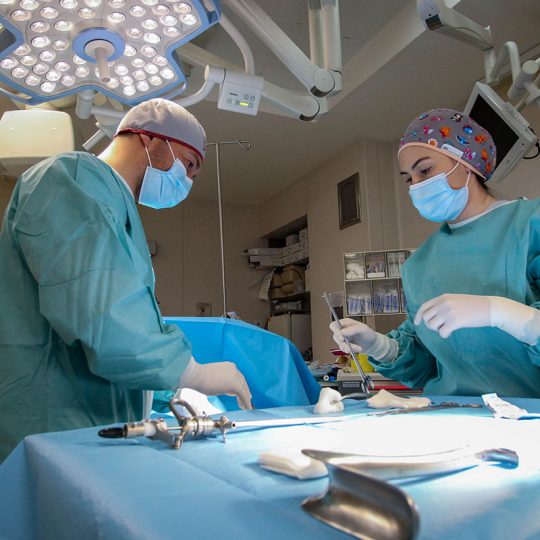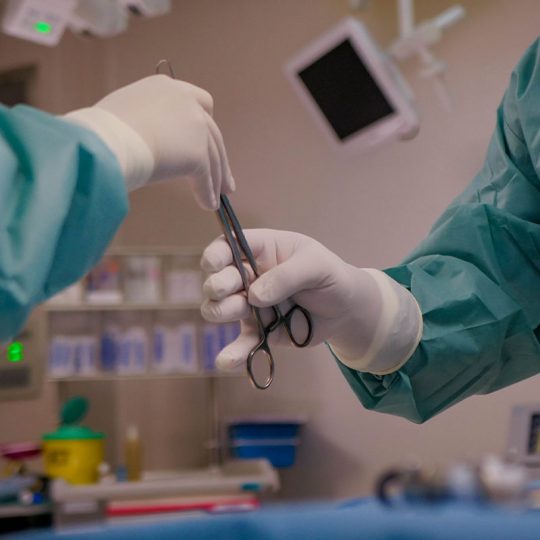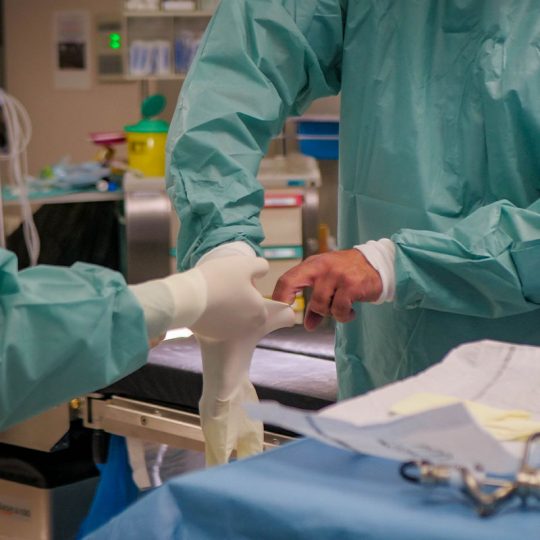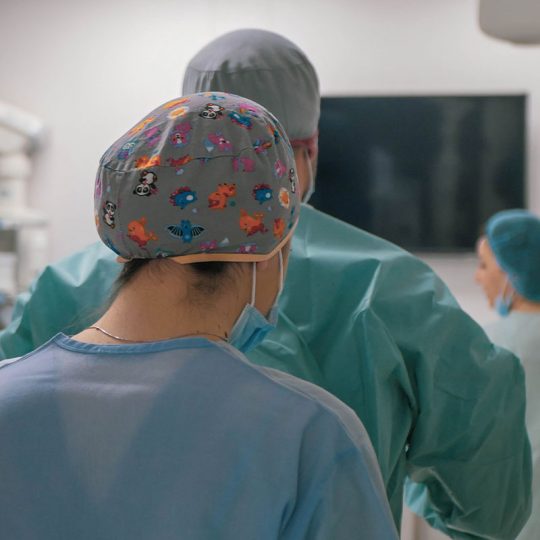Cardiotocography
Cardiotocography
Cardiotocography (CTG) is the gold standard for fetal monitoring in both low- and high-risk pregnancies during late gestation. It helps in evaluating fetal well-being and is believed to contribute to reducing the risk of stillbirth.
This method is:
- Non-invasive, safe, and well-tolerated by most pregnant women.
- Highly informative, allowing specialists to assess fetal health accurately.
- Practically without contraindications, making it suitable for most pregnancies.


How is CTG Performed?
In some cases, due to the risk of compression of the inferior vena cava, the recording may need to be performed with the pregnant woman in a left lateral position.
CTG is performed at different gestational stages depending on the risk level:
-
- In low-risk pregnancies:
- From 32 weeks of gestation (w.g.), once every 2 weeks (or more frequently if needed) until 37 weeks.
- After 37 weeks, CTG monitoring continues weekly until delivery.
- In high-risk pregnancies (e.g., hypertension, preeclampsia, diabetes, intrauterine growth restriction):
- CTG typically starts at 30 weeks (or earlier if necessary), performed weekly or more frequently if indicated.
- In cases where the fetus has a structural abnormality diagnosed prenatally, requiring intensive neonatal care after birth, CTG can be performed at any gestational age with a viable fetus.
- CTG is an essential component of the fetal biophysical profile (BPP) and may be recommended by your obstetrician-gynecologist as part of routine fetal monitoring.
- In low-risk pregnancies:
Comprehensive Fetal Monitoring
At Plodnost Hospital, we offer a full range of prenatal tests to ensure a thorough in-utero assessment of fetal well-being, including:
- Indirect cardiotocography (CTG) with uterine contraction recording (Non-Stress Test – NST).
- Basic and extended biophysical profile (BPP).
- Doppler ultrasound for fetal blood flow evaluation.
The type and frequency of fetal monitoring is determined by your obstetrician-gynecologist. All examinations are conducted in a comfortable environment, using high-quality medical equipment, and performed by highly qualified obstetricians and gynecologists.
For more information or to schedule a CTG test, please consult your doctor or contact the hospital reception.
Gynaecology and Obstetrics Doctors

Prim. D-r Tashe Trpchevski
Consultant Gynaecologist and Sub-Specialist in Reproductive Medicine and Surgery
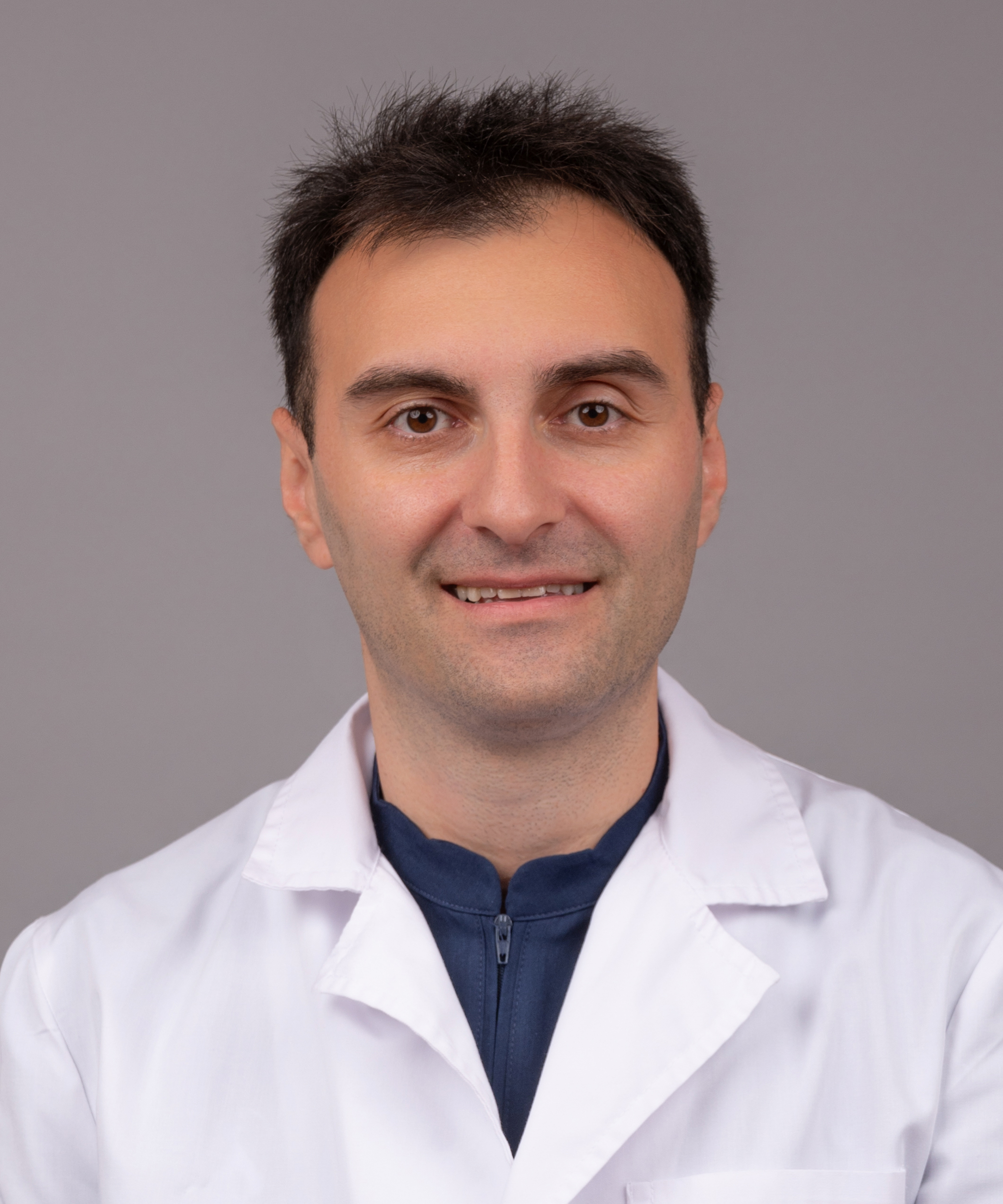
D-r Hristijan Trpchevski
Specialist Gynaecologist & Obstetrician

D-r Vladimir Popovski
Specialist Gynaecologist & Obstetrician

D-r Blagojce Obednikovski
Specialist Gynaecologist & Obstetrician

D-r Kristinka Pajakovska
Specialist Gynaecologist & Obstetrician

D-r Marija Hristovska
Specialist Gynaecologist & Obstetrician

D-r Vladko Gjorgjievski
Specialist Gynaecologist & Obstetrician

D-r Sotir Ropi
Specialist Gynaecologist & Obstetrician
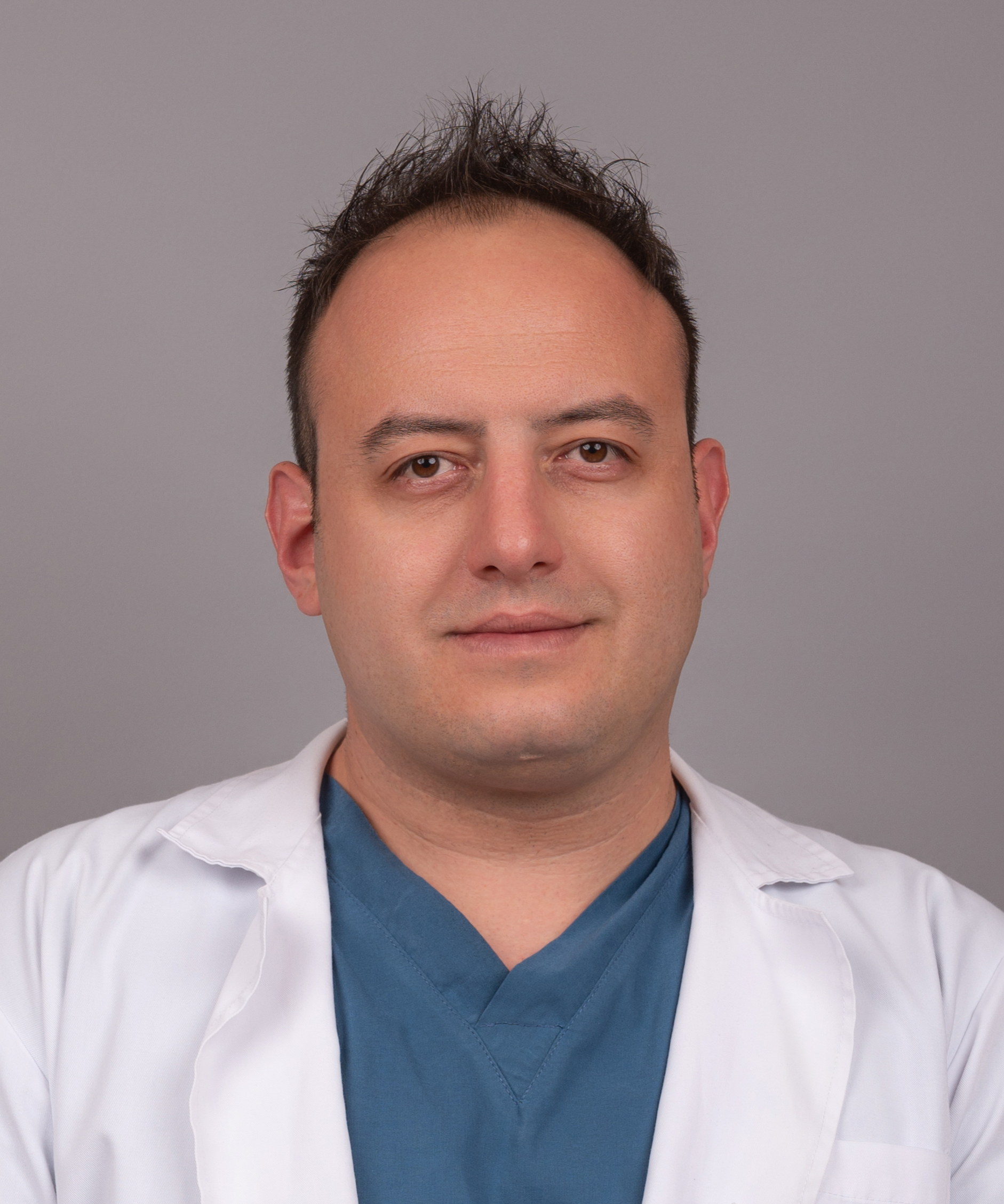
D-r Aleksandar Jovanovski
Specialist Gynaecologist & Obstetrician
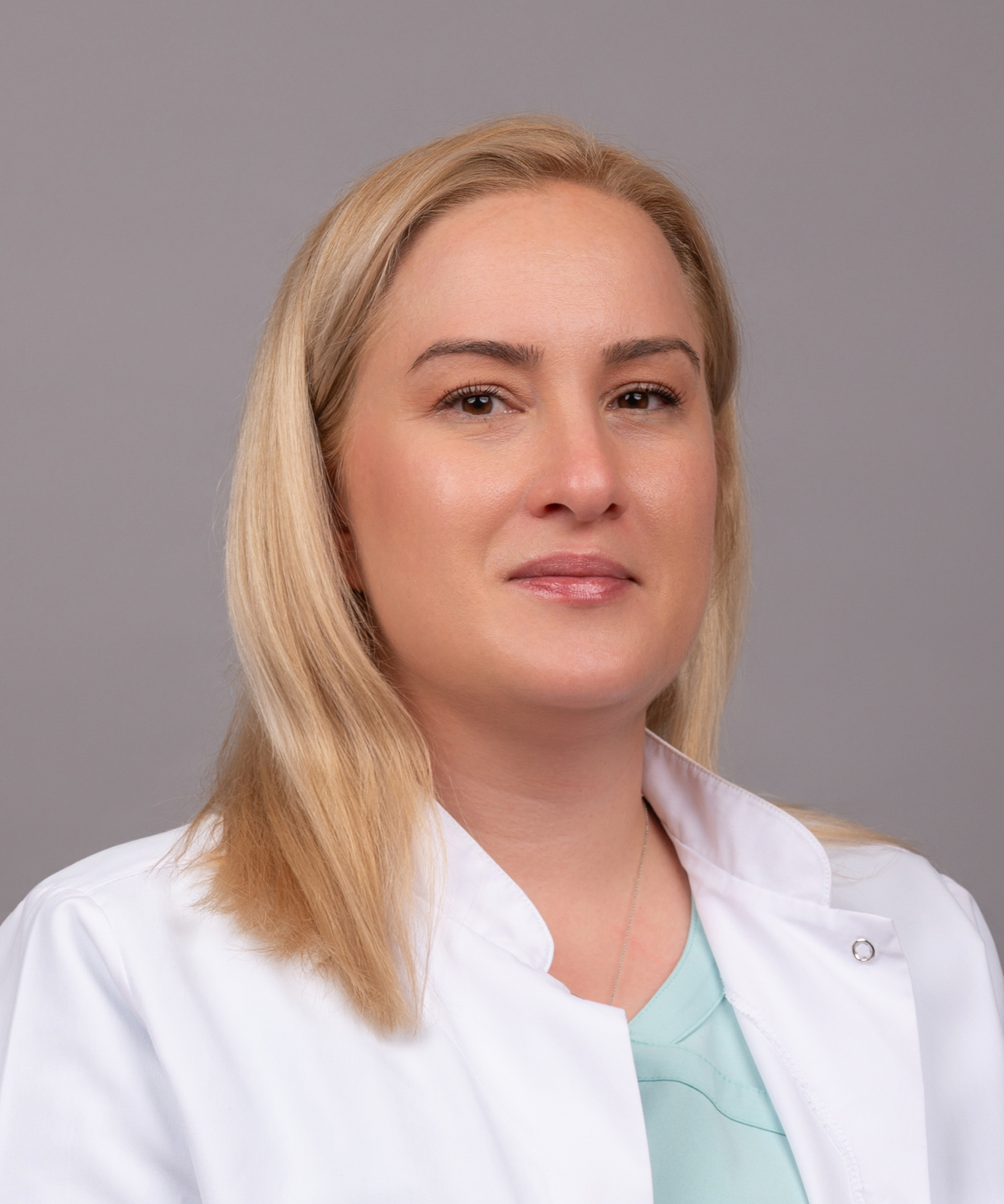
D-r Ana Vangelov
Specialist Gynaecologist & Obstetrician

D-r Sanja Milunovikj
Trainee Specialist Gynaecologist & Obstetrician
Medical-Surgical Nurses
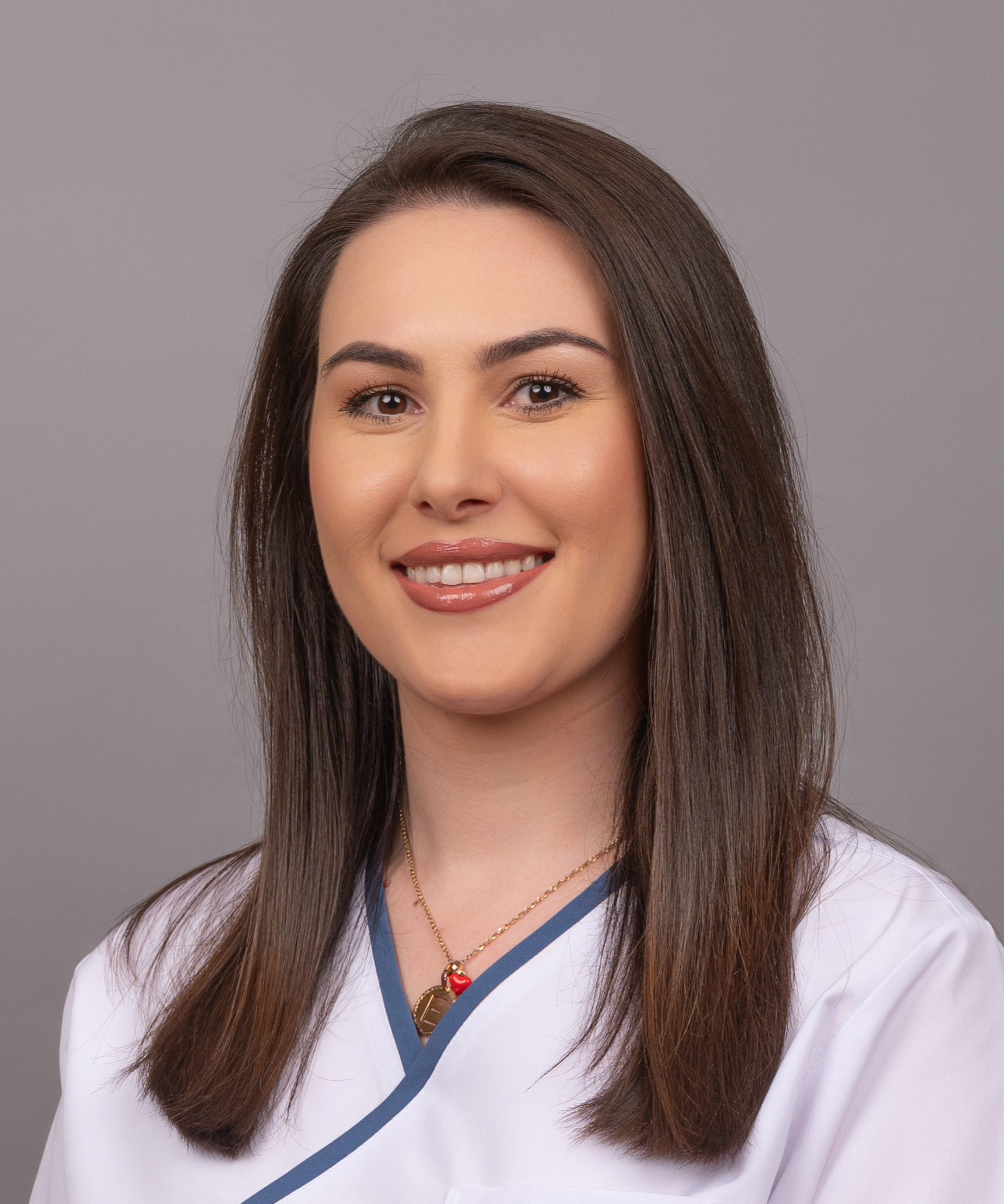
Emilija Srbinoska
Responsible Medical Surgical Nurse
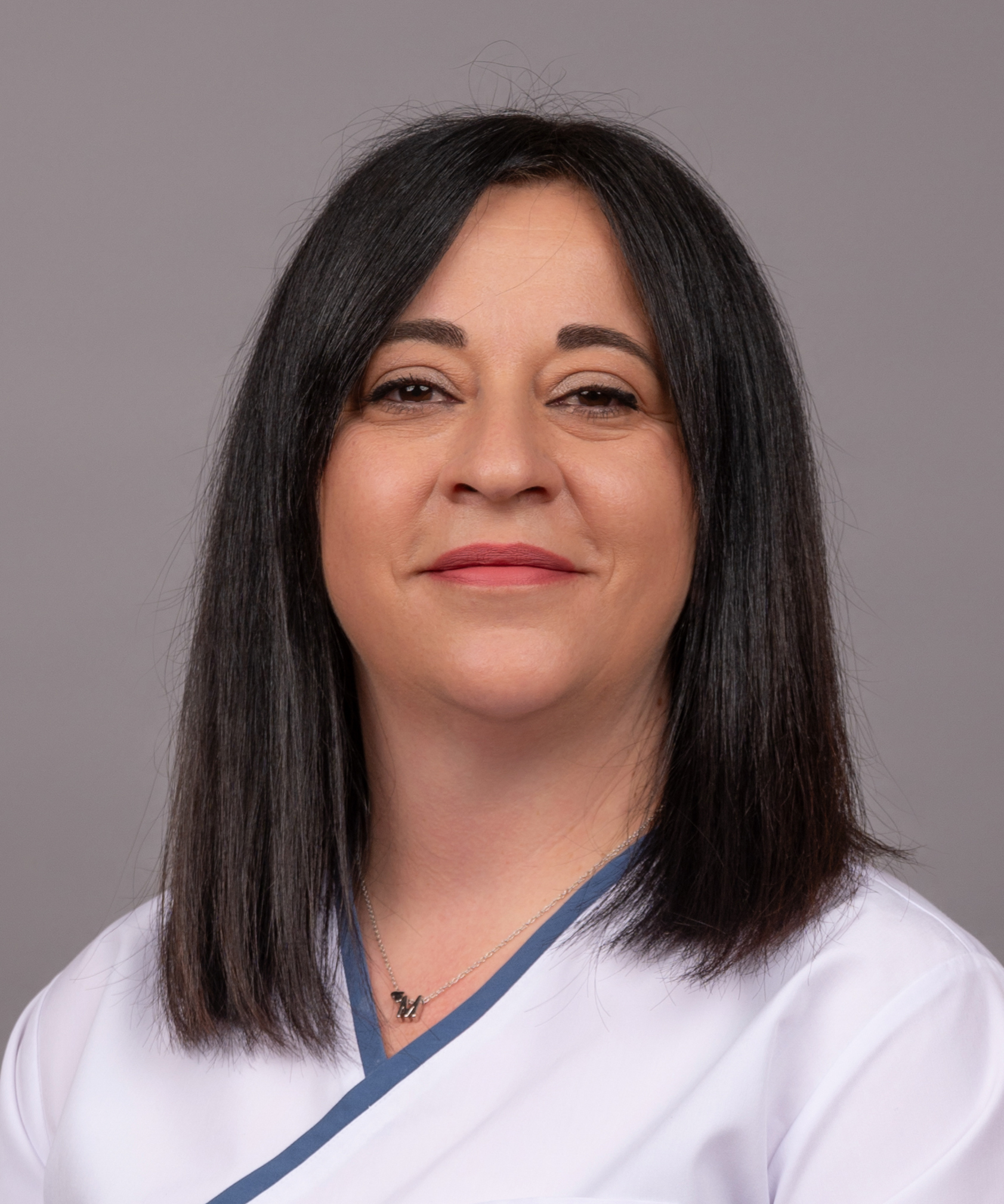
Meri Mihevska
Medical Nurse

Natasha Momiroska
Medical Nurse
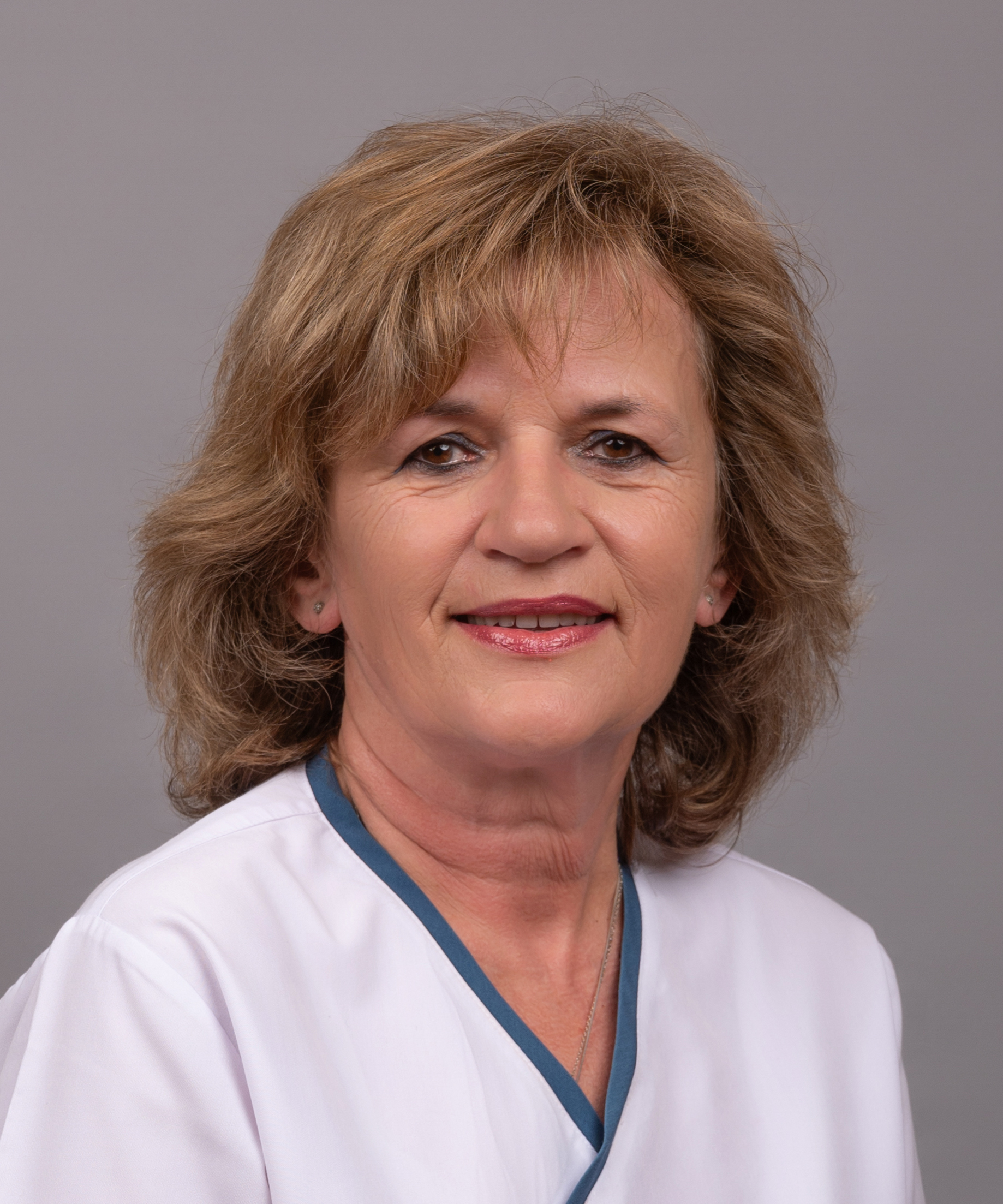
Zaneta Veselica-Stefanovska
Medical Nurse
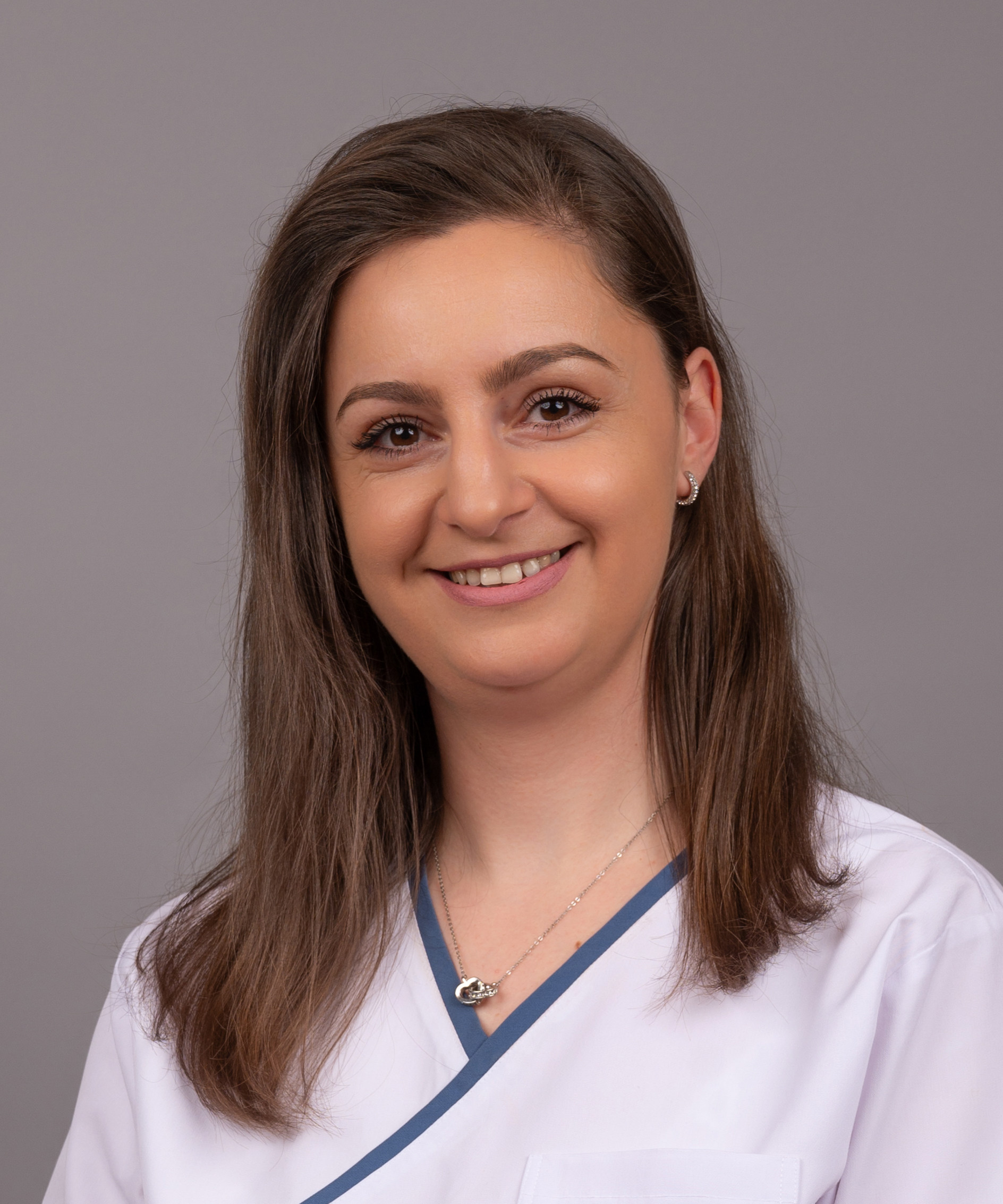
Maja Miloshevska
Medical Nurse

Biljana Dimitrovska
Medical Nurse
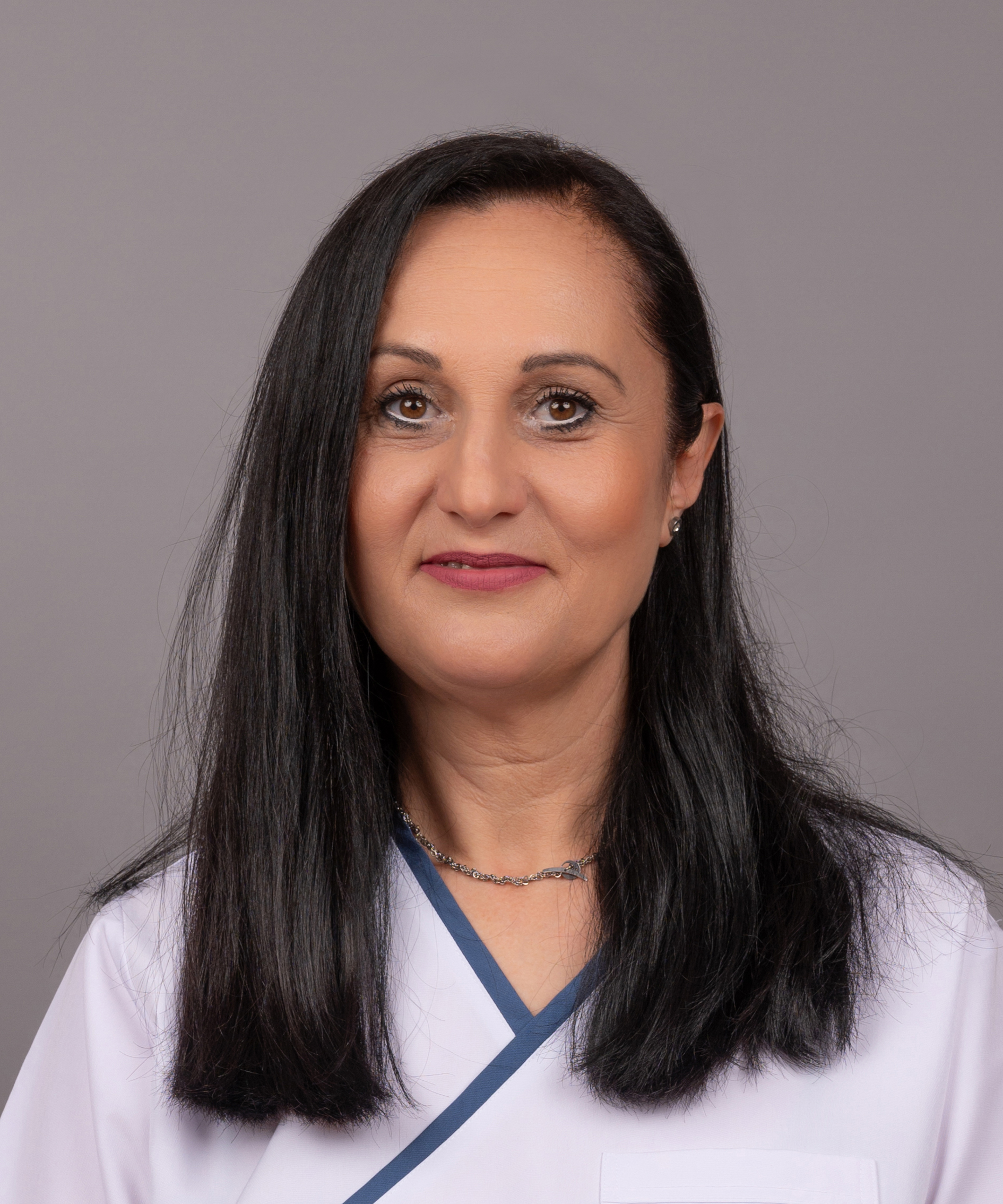
Sonja Aleksovska
Medical Nurse

Nikolina Risteska
Medical Nurse
Medical Nurses Midwifes

Merlinda Drala
Responsible nurse, gynecology and obstetrics department

Nadica Neshkovski
Medical Nurse

Jasmina Bozinovska
Medical Nurse

Aleksandra Dimovska
Medical Nurse

Fiona Kelja
Medical Nurse

Irena Talevska
Medical Nurse

Hristina Bumbaroska
Medical Nurse
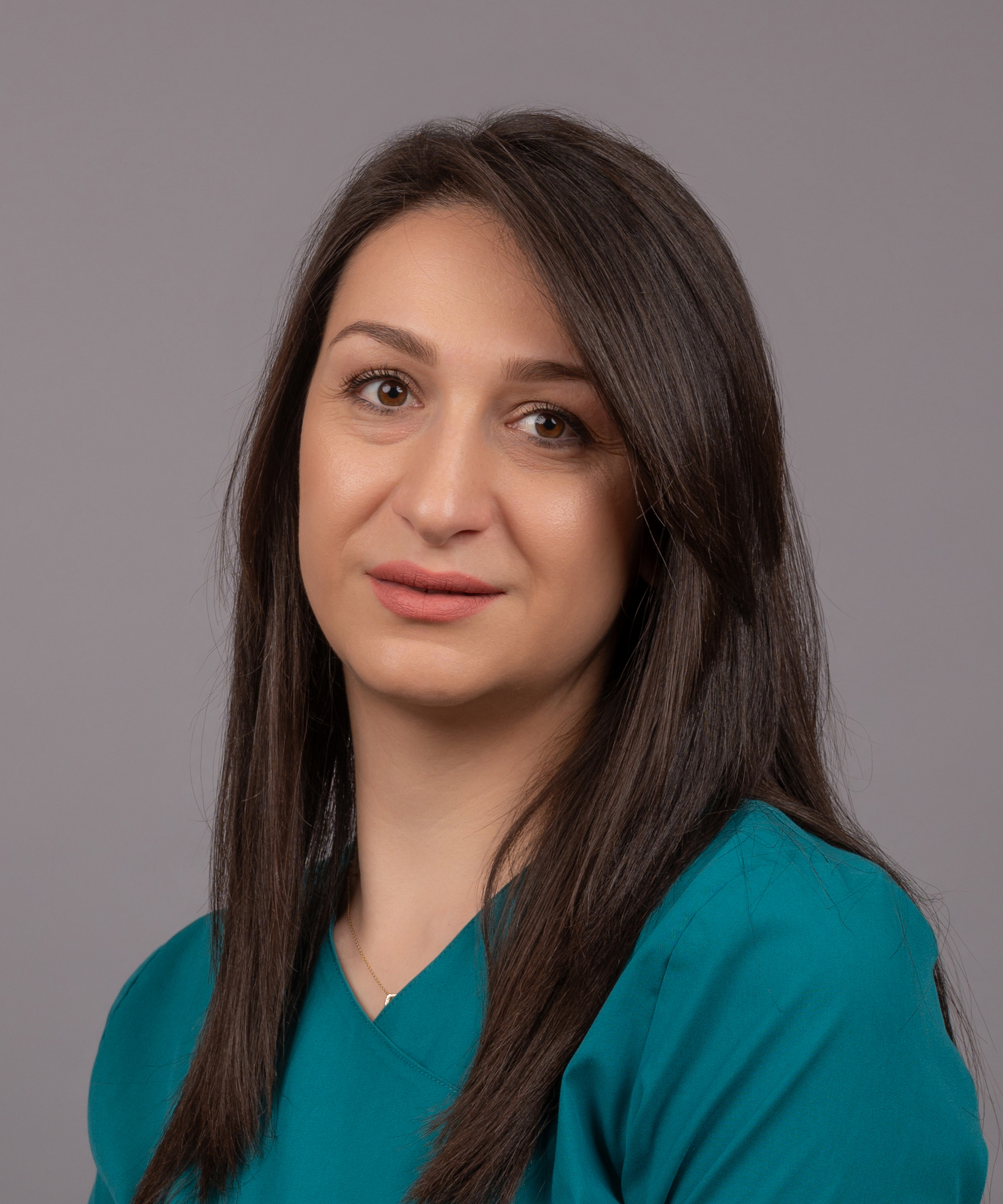
Martina Karanfilovska
Medical Nurse

Dijana Boshevska
Medical Nurse

Sonja Fuzevska
Medical Nurse
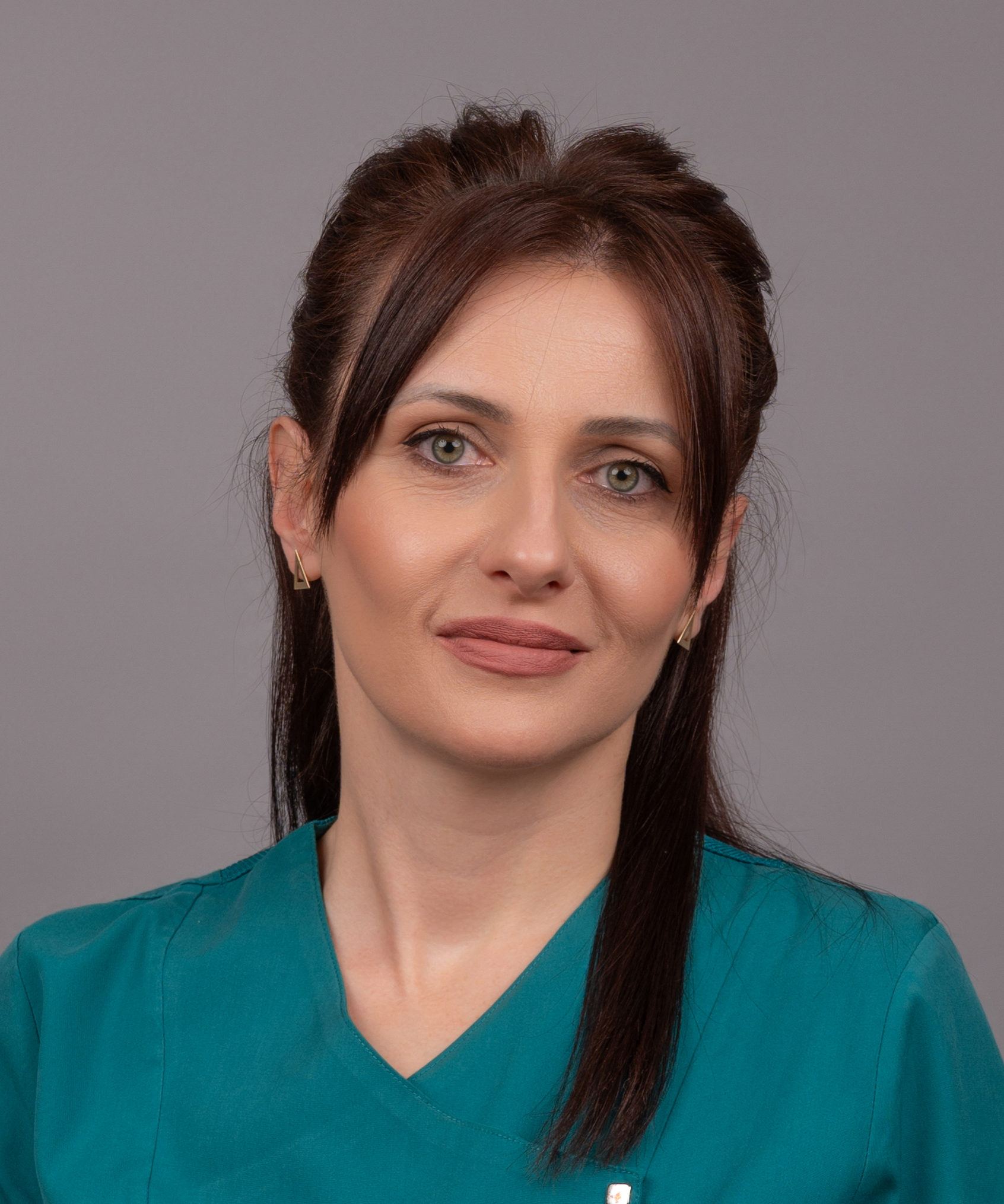
Zaneta Vasilevska
Medical Nurse

